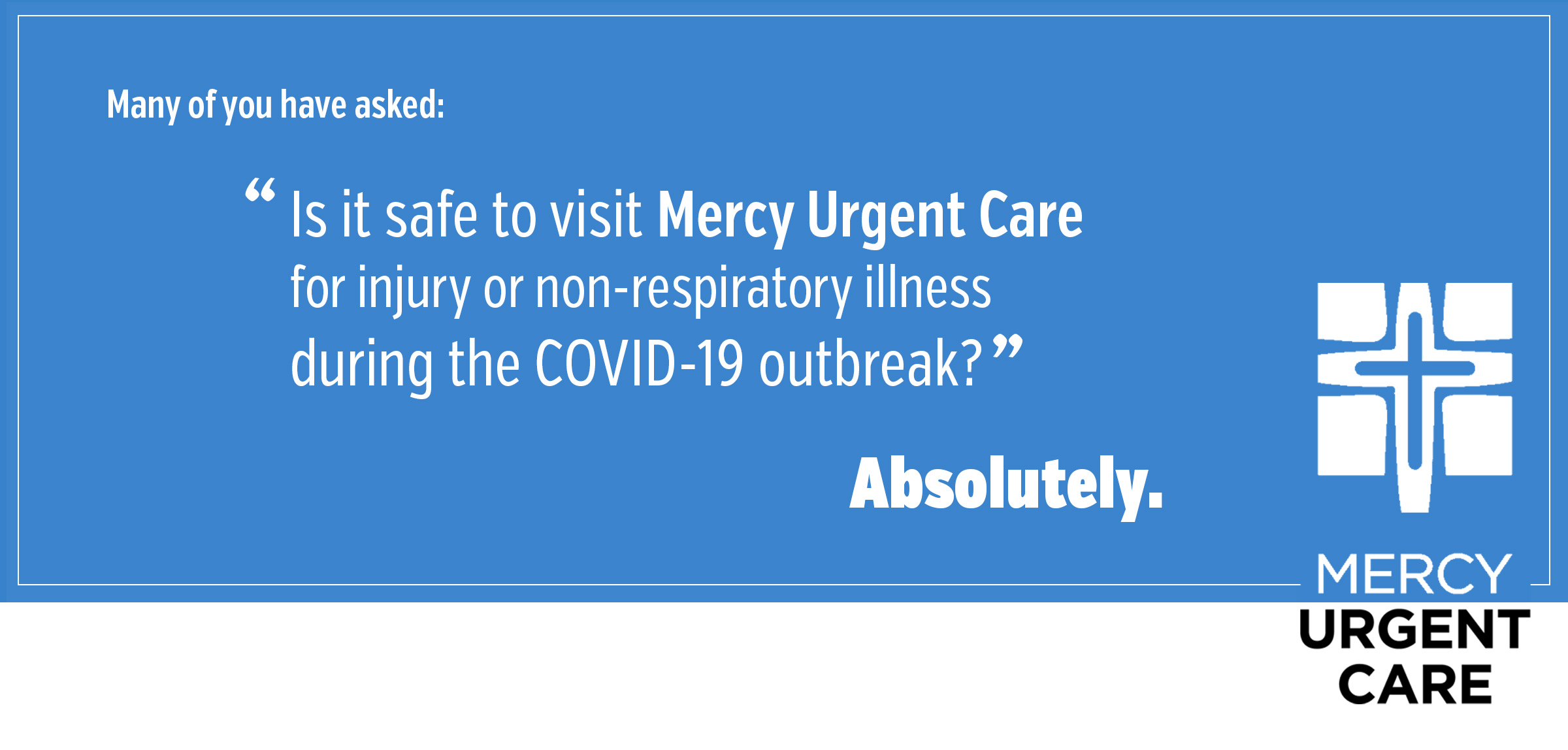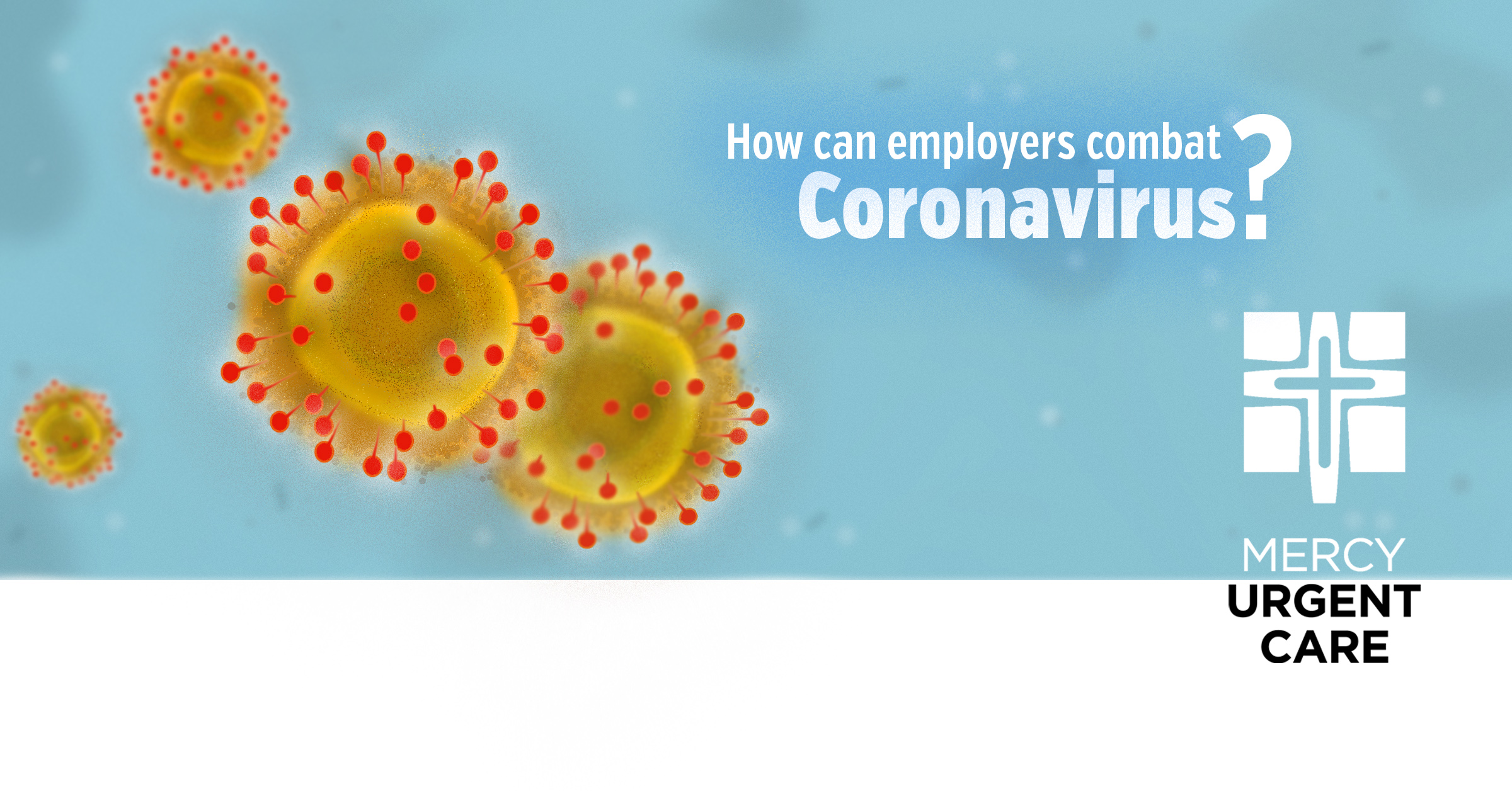From the September Mercy Occupational Medicine eNewsletter
On Aug. 23, Pfizer BioNTech became the first company to receive full FDA approval for its COVID-19 vaccine. Commenting on this approval, acting FDA Commissioner Janet Woodcock, M.D., said, “While this and other vaccines have met the FDA’s rigorous scientific standards for emergency use authorization, as the first FDA-approved COVID-19 vaccine, the public can be very confident that this vaccine meets the high standards for safety, effectiveness, and manufacturing quality the FDA requires of an approved product.” She continued, “While millions of people have already safely received COVID-19 vaccines, we recognize that for some, the FDA approval of a vaccine may now instill additional confidence to get vaccinated. Today’s milestone puts us one step closer to altering the course of this pandemic in the U.S.”
As full FDA approval comes for the Pfizer BioNTech vaccine, the recent surge in COVID-19 cases poses questions about the need for booster vaccinations. While the FDA is not currently recommending booster vaccinations for all vaccinated individuals, they have recommended additional booster doses for certain groups. Moreover, the U.S. Department of Health and Human Services has announced plans to offer booster doses later this fall.
Who needs an additional COVID-19 vaccine?
Currently, the CDC is recommending that moderately to severely immunocompromised people receive an additional vaccine dose to help boost immune response. This includes people who have:
- Been receiving active cancer treatment for tumors or cancers of the blood.
- Received an organ transplant and are taking medicine to suppress the immune system.
- Received a stem cell transplant within the last 2 years or are taking medicine to suppress the immune system.
- Moderate or severe primary immunodeficiency (such as DiGeorge syndrome, Wiskott-Aldrich syndrome).
- Advanced or untreated HIV infection.
- Active treatment with high-dose corticosteroids or other drugs that may suppress your immune response.
Talk to your health care provider about any potential medical conditions that may apply to determine whether getting an additional booster dose is appropriate for you.
Source: Center for Disease Control and Prevention, U.S. Food and Drug Administration



